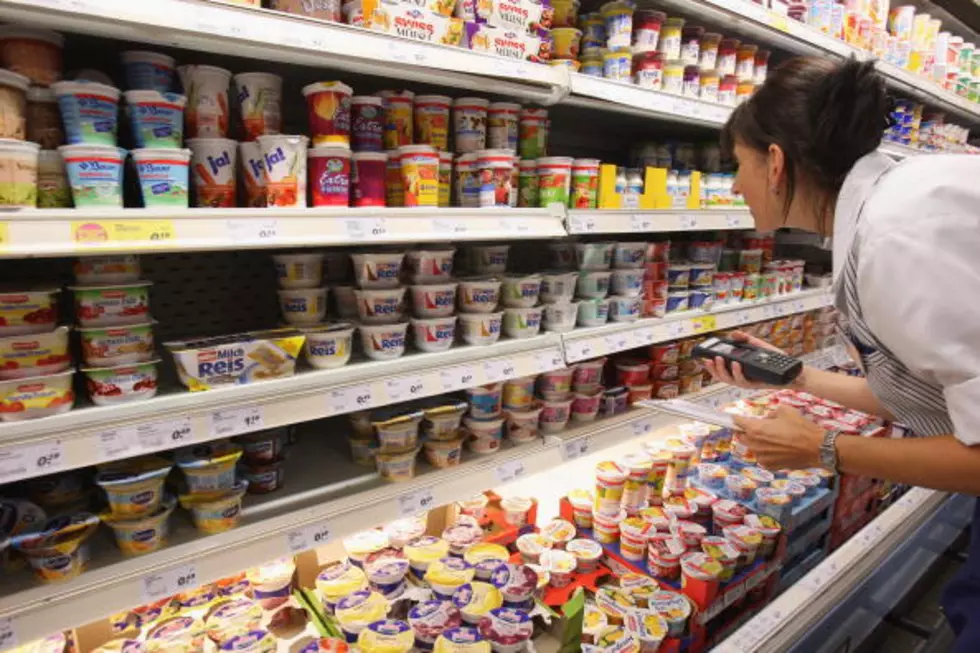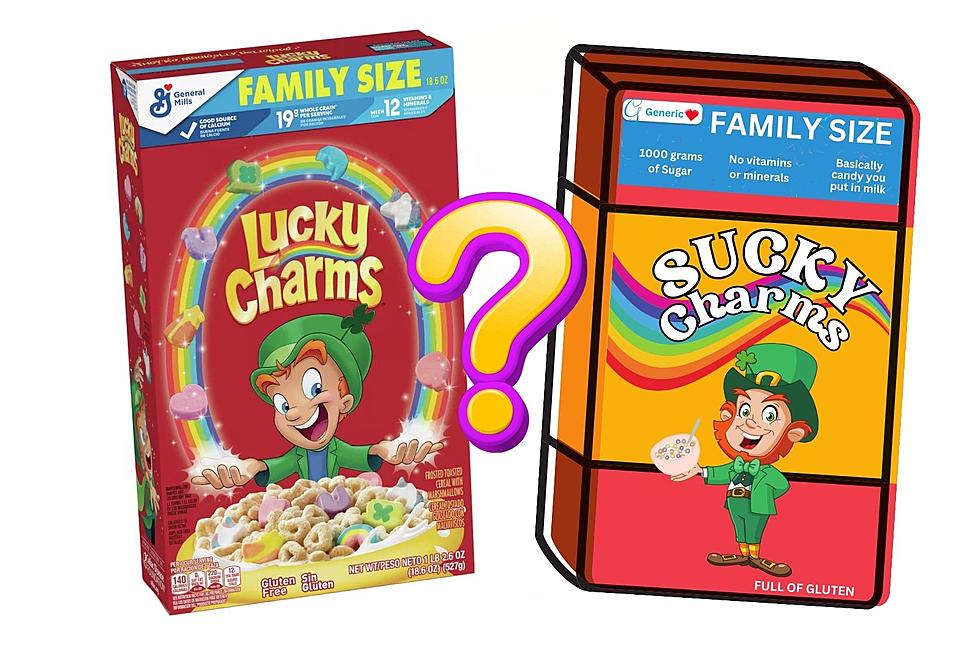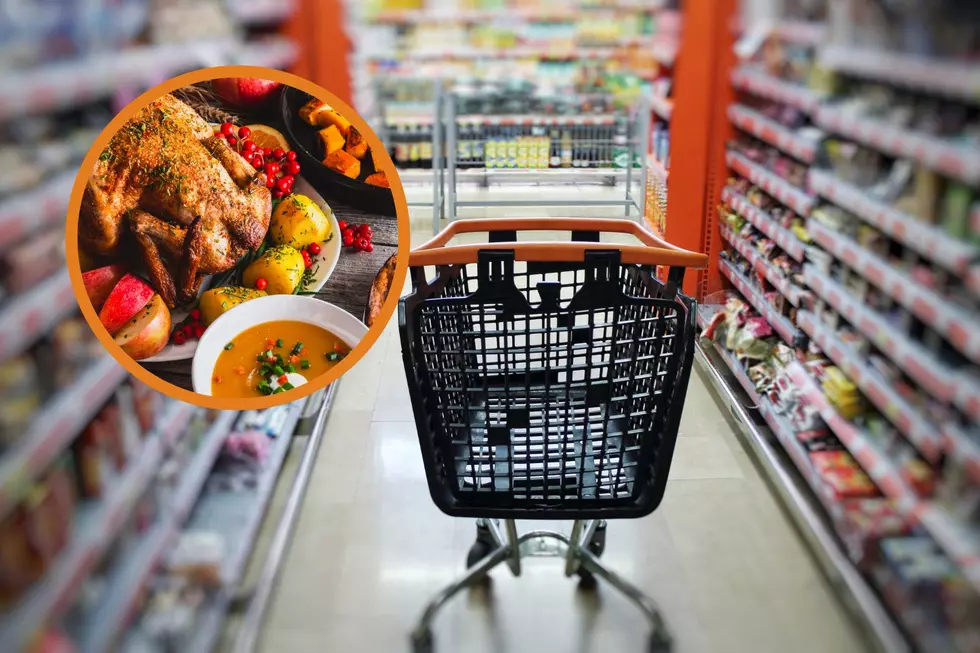
Buying Organic – I Would if I Could Afford it
I'd love to eat healthier, but I don't want to take out a second mortgage to do it. Alright, taking out a second mortgage might be stretching it a bit, but seeing the price differences between organic and non-organic foods, it doesn't feel that far off from the truth.
In my house, I'm the one who does the grocery shopping and handles the money, which is frightening considering my terrible math skills, but that's another discussion for another time. The point being, that I deal first hand with the cost of food and how much we can afford to spend on a week to week basis.
When my wife and I first got married and it was just the two of us, we would just mindlessly stroll the aisles grabbing whatever just-add-meat boxed meals sounded good. As time went on, Food Network became a frequently watched channel and we saw all the different meals being created and thought, "we could do that." Even if we couldn't, we would at least give it a try.
Turns out, we're decent cooks, so out went the Hamburger Helper, and in came countless cookbooks, cooking magazines, and recipes we printed off the internet. The goal being that we could recreate the box meal without actually needing the box or can. For example, instead of canned ravioli (like I grew up on), we buy frozen ravioli or tortellini and make sauce from tomato paste and a seasoning packet. It's a lifestyle we've stuck to pretty closely ever since. Case in point, our kids, who are 8 and 6, just had Hamburger Helper for the first time about three months ago.
It should be noted that we're not opposed to eating boxed meals from time to time, and we'll still purchase boxed side items like long grain rice to go with our meals, because let's be honest, with both of us working full time, we don't have the time to come home at 5:30 - 6:00 and cook for an hour or two. I don't know about you, but my kids get grouchy when they get hungry.
Also something of note, our desire to cook more meals has not turned us into a no-preservatives-allowed household. They're far too delicious to completely ban! However, we try to eat fresh veggies, and non-factory frozen meat (fresh chicken breasts instead of the two pound bag of frozen fillets, for example) with each meal. Could we eat even healthier? Of course we could. The problem is the price.
During my most recent trip to the grocery store, I made a point to take some pictures of the glaring differences in price between what is labeled "organic" and what isn't. Let's start in the meat department, shall we? Take these two packages of fresh, boneless, skinless chicken breasts. The package on the left is what the store butchers and packages itself, on the right, an organic, non-store brand.
You're eyes do not deceive you, nor have I altered the photo in anyway outside of the addition of the red circle around the prices. There is over a six dollar per pound difference between the two. If the organic package was the same net weight as the store brand, it would cost $22.66.
Let's check out the dairy aisle, specifically yogurt. For whatever reason, Greek yogurt has become the new fad in the yogurt world, led by Chobani. Is it healthier? I don't know, my guess is that it is for some reason, which must be why it costs more.
You could get one six-ounce container of Yoplait for 70-cents, or you could pay more than double that for one six-ounce container of Chobani. If you're on a budget like many people are, you're not splurging on yogurt.
Here's a few more examples of non-organic versus organic.
*Please Note: All the pictures were taken at a Schnucks location in Evansville. I am not singling out Schnucks, it just happens to be where I do my grocery shopping, because it's awesome and I like it. I assume the price differences are the same at other retailers. Moving on...
I'm confused by all of this. My understanding of the term "organic" is that the food isn't being loaded with preservatives to extend its shelf life. So if there's less stuff going in, shouldn't it be cheaper?
I was discussing this with a co-worker and she suggested it could be the old supply-and-demand thing. If the demand for healthier food is high and the supply is low, then the price will be higher. With such a push for the public to eat healthier and curb our obesity problem in this country, don't you think there would be an equal push to keep the supply of healthier food up? Perhaps there is a greater cost in organic food due to the lack of preservatives. If the shelf life is shorter, then it spoils quicker resulting in the trashing of food, affecting the suppliers bottom line and causing them to raise the prices to make up the difference.
I honestly don't know the reason, but I do know that if they want me to eat healthier food, they have to get it in my price range. If you have any insight, feel free to leave a comment below. I'm all ears. Now if you'll excuse me, I'm going to go eat a bag of potassium propionate with my bare hands.
More From WDKS-FM









